Profile: John Bibaeff, Jr., PE, CFPE, CFPS
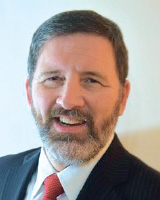
How did you get your start in the fluid power industry?
The industry found me. I was working in a manufacturing environment, building equipment for oil and gas well servicing. The life blood of these specialized machines was and largely remains hydraulic systems. No matter how elaborate a mechanism was, it did nothing without fluid power driving it.
How and why did you get involved in the IFPS, and what have you gained, personally and professionally?
Years ago, I noticed the certification initials on a colleague’s business card. Recently I was reminded that if I only look at a problem from one perspective, my potential solutions are limited. Only looking within my own industry wasn’t using the full potential of fluid power. So I chose to get involved in IFPS to broaden my knowledge base.
How, when, and why did you decide to pursue certification, and how has it helped your career?
As previously stated, I saw increased involvement as a means of benefitting from others’ experiences. It seemed disingenuous not to become certified, and pursuing the certification helped me brush up in areas where I had gotten a little stagnant.
What have you learned so far by working in the fluid power industry?
That I am smarter than the hydraulic fluid, even though it sometimes takes days to prove it. I have been blessed by working with people not afraid of trying something outside the box. There have been more failures than successes by doing it differently, but you learn a lot more from the failures, as well.
What advice would you give someone just starting out in the industry?
Get dirty. Learn to troubleshoot. Whether your end goal is designing systems in an office environment or performing field services, it doesn’t matter. A real hands-on understanding of how systems operate (and sometimes don’t) will be an invaluable career tool.
Where do you see the fluid power industry heading in the next 10 years?
Overall, the fluid power industry has really embraced electronic control and computer automation. I expect that to continue, and as it does, I expect costs for implementation to decrease, as well.
What are some of your favorite hobbies or interests?
Hobbies come and go. Currently I am really trying to learn to fish.
What is something people would be surprised to learn about you?
Before April 2015, I didn’t have a fishing license or own a fishing pole.
John Bibaeff, Jr. can be reached at jbibaeff@lambservices.com.

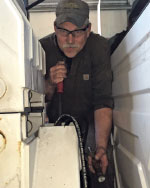
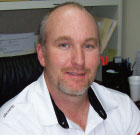
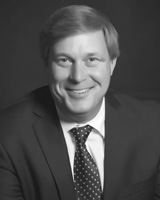
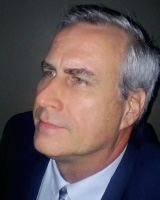
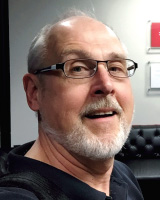

I am trying to learn hydraulics. Is there any suggestions you can give me other than school?